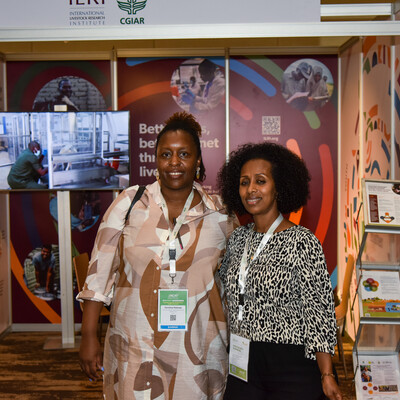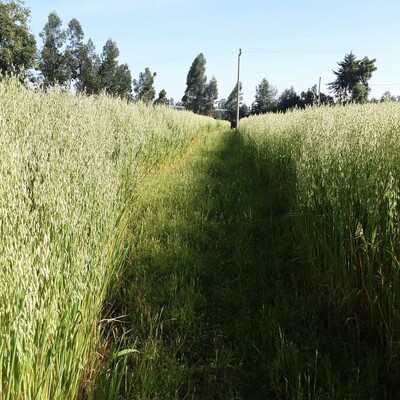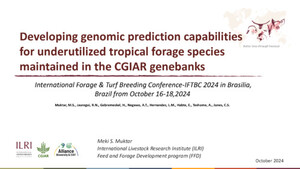Challenge
An unprecedented rate of biodiversity loss is one of the defining global challenges of our times. Reduced biodiversity undermines the resilience of agricultural systems, threatens nutritional security, and puts the foundations of crop improvement at risk. Sustainable Development Goal 2.5 highlights the importance of maintaining genetic diversity of crops and their wild relatives, including through soundly-managed genebanks, and ensuring access to that diversity and equitable benefit sharing, in accordance with international law.
Interrelated with biodiversity loss, climate change is putting our increasingly homogeneous farming systems at risk of failure through extreme events, environmental stress, and continuously evolving pests and diseases. Global simplification of diets (and increasing reliance on a decreasing diversity of plants) is contributing to the double burden of malnutrition. Meanwhile, international disagreement concerning the governance of genetic resources and genomic information is exacerbating nationalism around genetic resources, reducing international cooperation, with negative impacts on agricultural research and development.
Objectives
CGIAR genebanks manage collections of more than 20 staple crops in ten locations across five continents. The collections are made freely available upon request to thousands of users worldwide every year under the International Treaty on Plant Genetic Resources for Food and Agriculture, accounting for a large amount of the germplasm being exchanged under the multilateral system of access and benefit-sharing.
This Initiative aims to support the global system for the conservation and use of plant genetic resources for food and agriculture.














